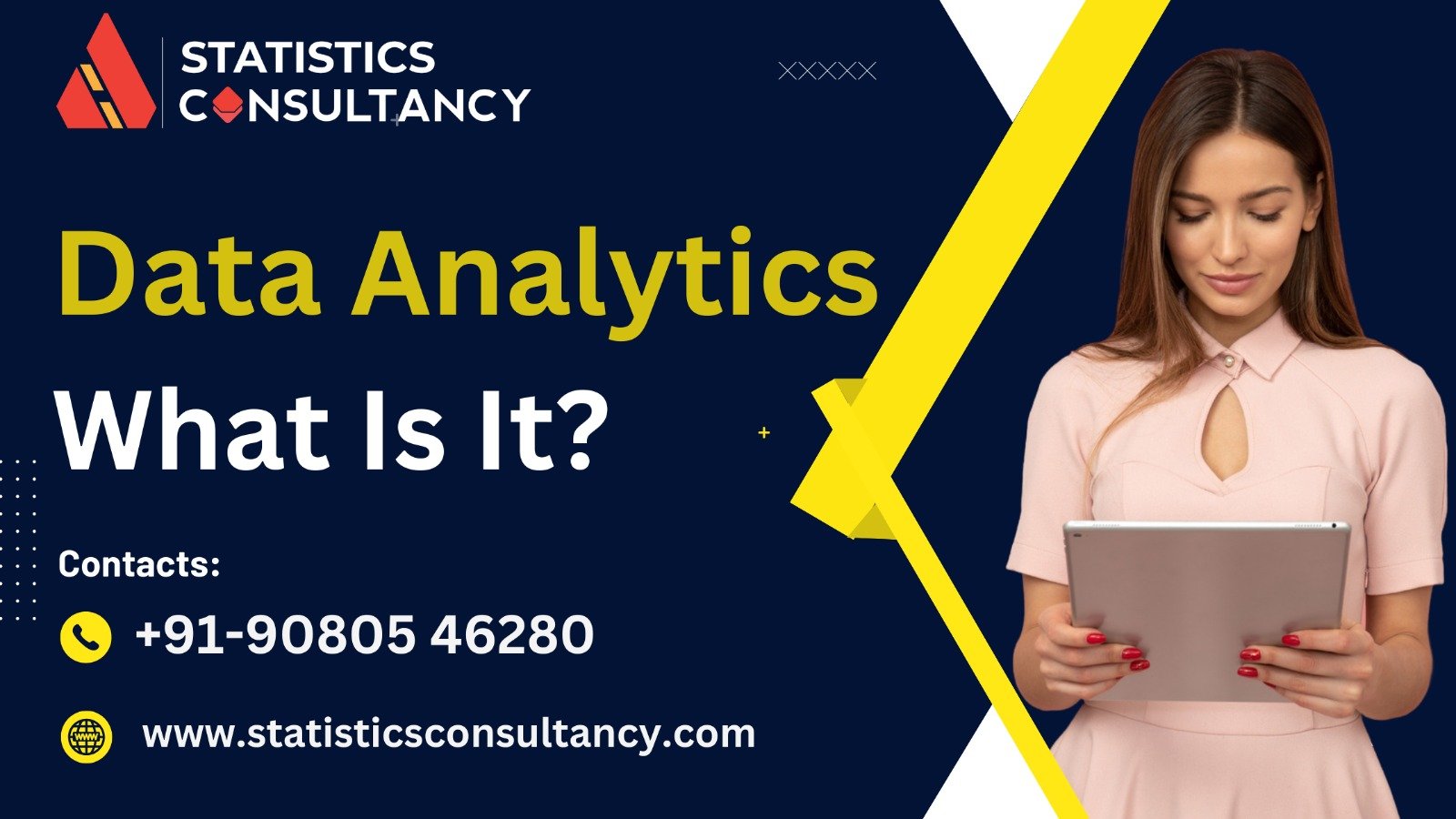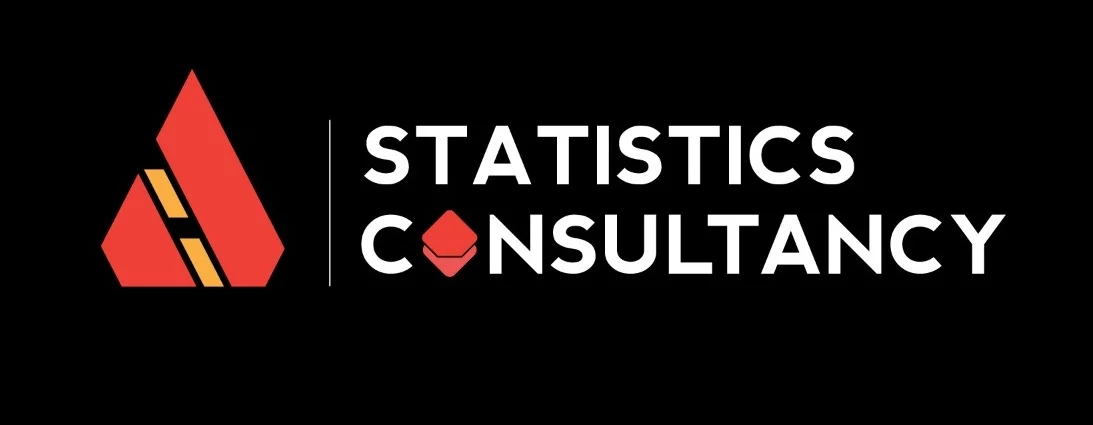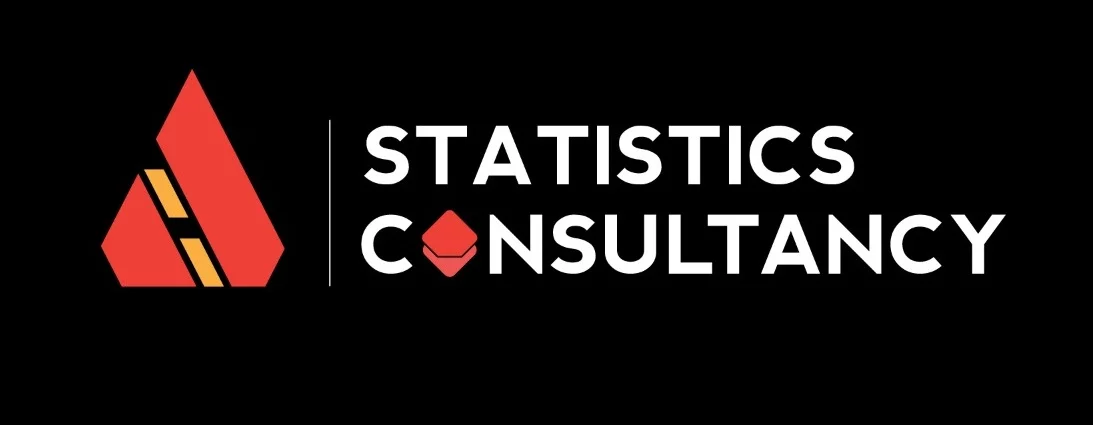
Data Analysis for Qualitative and Quantitative Research:
Data Analysis involves the process of extracting insights and knowledge from raw data using specialized computer programs.
The data is transformed, molded, and analyzed to draw conclusions and identify patterns.
- Although the concept of Data Analytics can be straightforward, it is commonly used today to refer to the examination of massive amounts of both qualitative and quantitative data, or fast-paced data, presenting unique mathematical and data management challenges.
- Data scientists, who possess a solid understanding of business statistics, are considered skilled professionals in the field of Data Analytics.
- Data Analytics refers to the manipulation of data to extract insights from historical data over a period of time.
- With the growth of organizational data, the concept of data analytics has evolved to accommodate big data systems.
- The emergence of big data has transformed the need for making sense of business data.
- In the world of relational databases, database administrators can easily generate reports for business purposes, but these reports lack market intelligence.
- To address this, data warehouses were introduced, but they often struggle to handle the sheer volume of big data in a cost-effective manner.
- While data warehouses are still a relevant form of data analytics, the term “data analytics” is increasingly associated with the process of analyzing large, diverse, and rapidly changing data.
- The field of data analytics is rapidly expanding, driven by the pressing business need for applications that can handle big data, as well as the increasing number of people with the skills to manipulate data and interpret results.
- Our statisticians provide advanced data analysis services for Master’s and Ph.D. students and offer dissertation statistical support.
- Data analytics is predominantly carried out in B2C (business-to-consumer) systems. Companies around the world collect and analyze data related to customers, processes, economics, and on-field experience. This data is then sorted, stored, and analyzed to understand purchasing patterns and other consumer behavior trends.
- Data analytics helps inform decision-making. For example, a social networking site collects information about consumer preferences, and community issues, and categorizes it based on factors such as age, gender, and demographics.
- A thorough analysis reveals crucial consumer and user trends, which can be used to guide the network’s web content, web design, and overall digital marketing campaign strategy.
Important Functions of Data Analysis:
- Charting and tracing data from application to application to solve a business problem or systemic issue are top-level descriptions of the data analysis designation.
- Data Analytic designs and develops data reports and reporting tools to assist corporate leaders in decision-making and work on a statistical analysis of business data.
Data Analysis examples include:
- Reviewing papers, emails, and other text-linked stuff is possible using text excavation and mining. Data analytics activities tap into a wide range of different commercial applications. For instance, to prevent fraud and identity theft, lending institutions, banks, and credit card companies examine withdrawal and spending patterns.
Data Analysis types:
- Here are four different types of big data analytics and instances of their use.
- Prescriptive analysis: A view of the actions that need to be taken.
- Predictive analysis: A perspective of possible situations of what could take place.
- Diagnostic analysis: A review of previous performance to determine what happened and the reason.
- Descriptive analysis: Based on the influx of data, a view of what is happening right now.
The role of data analysts in scrutinizing data plays a crucial part in helping managers make informed decisions to drive the success of the enterprise, improve efficiency, increase profits, and achieve organizational goals. It is important for data analysts to have a clear understanding of the business’s objectives and direction.
For more information, our leading statistical consulting firm offers comprehensive statistical support to academic institutions, non-government organizations, and other clients globally.
Statistical Consultancy is dedicated to providing end-to-end analytical solutions, including the development of hypothetical frameworks and presentation materials.
The goal of Statistical Consultancy:
Our goal is to deliver prompt, reliable, and easy-to-understand data analysis to our clients. Our team consists of highly-skilled doctorates with a minimum of 2 years of experience in research.
Range of Statistical Tools Used:
Furthermore, the team at Statistical Consultancy has extensive experience in using a range of statistical tools, such as exploratory data analysis, probability distributions, hypothesis testing, regression and correlation, time series analysis, experimental design, non-parametric methods, Bayesian decision-making, factor analysis, MANOVA, discriminate analysis. Our team is equipped with strong critical thinking, problem-solving, data analysis, communication, and decision-making skills.
Focus on Informed Decision-Making, Reliability, and Timeliness:
At Statistical Consultancy, our focus is on delivering results that support informed decision-making, not just producing spreadsheets. Customer satisfaction is our top priority, and we are fully committed to serving our clients’ needs. We pride ourselves on delivering reliable results within budget and on time.

